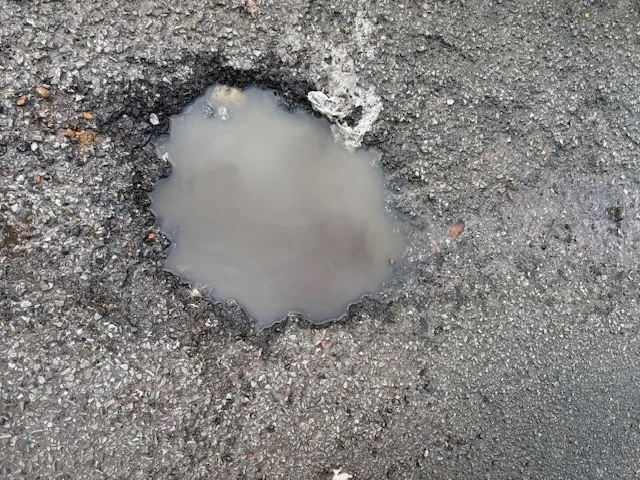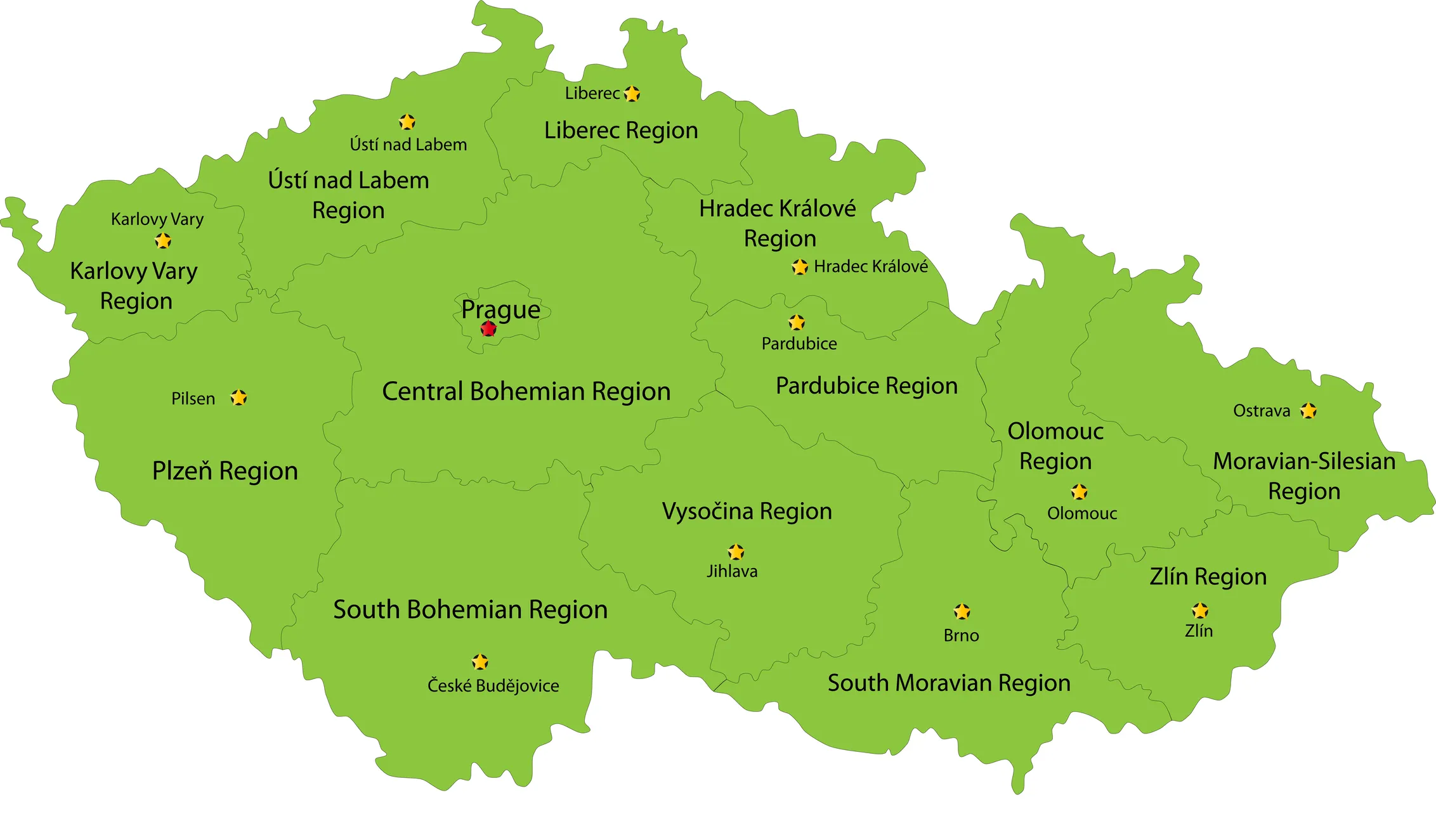Key European Research Institutes are now involved in a project looking at innovative designs for efficient urban transport interchanges. This project on urban mobility is co-financed by the European Commission under the 7th Framework Cooperation Work Programme. City-HUB aims at contributing to the design and operation of seamless, smart, clean and safe intermodal public transport. It brings together leading experts of design and urban integration, transport operation and business, local and regional author
December 13, 2012
Read time: 2 mins
Key European Research Institutes are now involved in a project looking at innovative designs for efficient urban transport interchanges. This project on urban mobility is co-financed by the 2465 European Commission under the 7th Framework Cooperation Work Programme. City-HUB aims at contributing to the design and operation of seamless, smart, clean and safe intermodal public transport. It brings together leading experts of design and urban integration, transport operation and business, local and regional authorities and end-users organisations.
Urban transport interchanges play a key role in public transport networks, facilitating the links between public transportation modes. Time saving, urban integration, better use of waiting time and improvement of operational business models are some of the benefits that result from the development of efficient urban interchanges. However, although urban transport interchanges are crucial for the improvement of accessibility, there are still problems, gaps or bottlenecks, which are mainly indicated in the coordination among different modes and the use of information systems and management models.
The City-HUB objectives are to test and validate the City-HUB model for the improvement of integrated management approaches to intermodality, monitoring and operations across European countries. They also aim to achieve efficient urban interchanges, reducing their carbon footprint, maximising the value of new technologies for mobility, communications and virtual travel, reducing accidents and encouraging healthier lifestyles. Further aims are to achieve widespread implementation of integrated mobility policies for all and to achieve widespread acceptance of public transport planning that meets social, environmental and mobility efficiency criteria in the most economical and effective way. The plans also intend to make a contribution to the development of intermodality standards, minimum requirements, quality management, benchmark examples and public transport service level in Europe.
The consortium consists of top European research bodies, the Technical University of Madrid – Transport Research Centre (UPM/TRANSyT), acting as project coordinator, the Institute for Transport Sciences – Non profit. (KTI), the Institute of Transport Economics (TOI), the Centre for Research and Technology Hellas (CERTH) – Institute of Transport, Panteia/NEA, the UK’s Transport Research Laboratory (TRL), the Technical Research Centre of Finland (VTT), the Institut Français des Sciences et Technologies des Transports, Aménagement et Réseau (IFSTTAR) and the Transport Research Centre of Czech Republic (CDV).
Urban transport interchanges play a key role in public transport networks, facilitating the links between public transportation modes. Time saving, urban integration, better use of waiting time and improvement of operational business models are some of the benefits that result from the development of efficient urban interchanges. However, although urban transport interchanges are crucial for the improvement of accessibility, there are still problems, gaps or bottlenecks, which are mainly indicated in the coordination among different modes and the use of information systems and management models.
The City-HUB objectives are to test and validate the City-HUB model for the improvement of integrated management approaches to intermodality, monitoring and operations across European countries. They also aim to achieve efficient urban interchanges, reducing their carbon footprint, maximising the value of new technologies for mobility, communications and virtual travel, reducing accidents and encouraging healthier lifestyles. Further aims are to achieve widespread implementation of integrated mobility policies for all and to achieve widespread acceptance of public transport planning that meets social, environmental and mobility efficiency criteria in the most economical and effective way. The plans also intend to make a contribution to the development of intermodality standards, minimum requirements, quality management, benchmark examples and public transport service level in Europe.
The consortium consists of top European research bodies, the Technical University of Madrid – Transport Research Centre (UPM/TRANSyT), acting as project coordinator, the Institute for Transport Sciences – Non profit. (KTI), the Institute of Transport Economics (TOI), the Centre for Research and Technology Hellas (CERTH) – Institute of Transport, Panteia/NEA, the UK’s Transport Research Laboratory (TRL), the Technical Research Centre of Finland (VTT), the Institut Français des Sciences et Technologies des Transports, Aménagement et Réseau (IFSTTAR) and the Transport Research Centre of Czech Republic (CDV).








